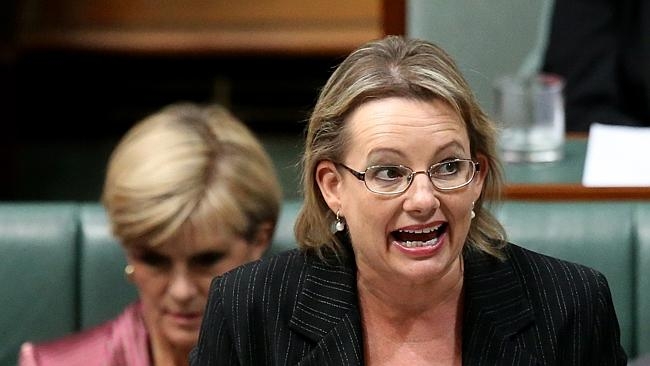
The government has vowed to push ahead with its Medical Research Future Fund and Health Minister Sussan Ley has revealed it would be partly funded by savings from a review of Medicare.
The fund was one of the Abbott government’s big announcements in last year’s budget, but its future had been uncertain after one of its major funding mechanisms, the controversial $7 GP co-payment, was scrapped.
It was meant to have been up and running from January 1, but legislation has still not been put to the parliament.
Amid concerns from scientists about the delay and how it would be funded, Ms Ley yesterday said that the savings from the review of subsidised Medicare services would be invested into the MRFF.
The Medicare review aims to cut the cost of unnecessary CT scans, MRIs and misdiagnoses.
“If there are savings it will go into the Medical Research Future Fund, as we promised in the last budget,” Ms Ley told Sky News.
“This country has built an enormous reputation on medical research and that fund is a great commitment of the Coalition and we’ll see it set up and stand up soon.”
Scientists are confident the MRFF, due to receive an initial $1 billion in uncommitted money from the Health and Hospitals Fund, will finally be established in the coming months.
The MRFF action group’s Brendan Crabb, a former president of the Association of Australian Medical Research Institutes, is worried the government might not match its original pledge to establish a fund that would ultimately grow to $20 billion.
“The mechanism needs to be found to get it to $20bn (but) there’s absolutely no indication as to how they would do that,” Dr Crabb told The Australian.
The action group’s chairman, Peter Scott, said it had been told that the government intended to legislate the establishment of the fund at the end of next month or the beginning of June.
“Since the co-payment died, a lot of people in the community, including the research community, thought the MRFF died with it,” he said. “We’ve been told that’s not the case.”
Mr Scott and Dr Crabb urged the government to send a positive signal to “demoralised” medical researchers as a matter of urgency, stressing that the National Health and Medical Research Council could for the second consecutive year see a record low in successful project grants.
In last year’s budget, the net earnings from the fund were meant to serve as a permanent revenue stream to the NHMRC to distribute about $1bn a year for medical research from 2022-23.
